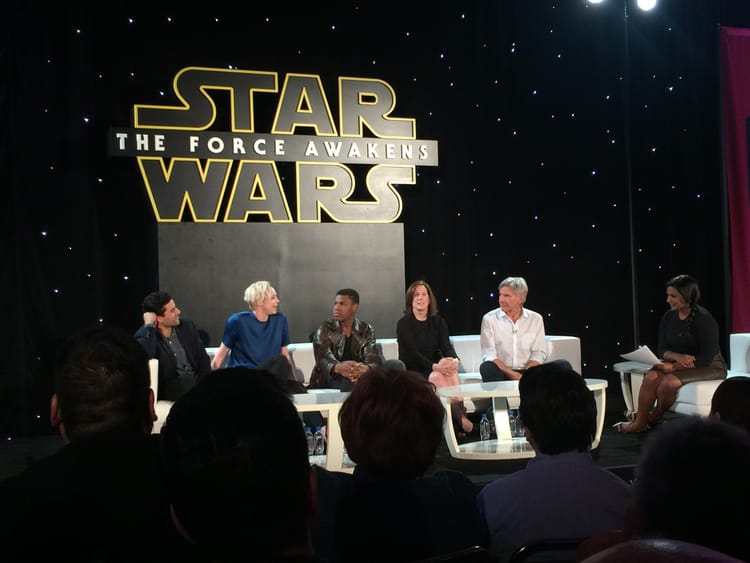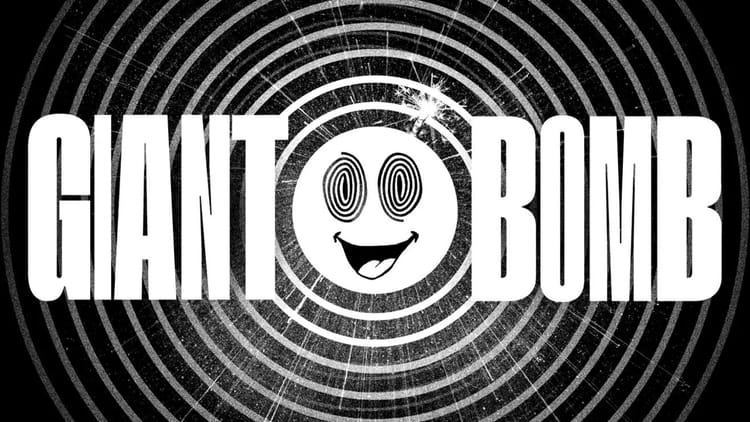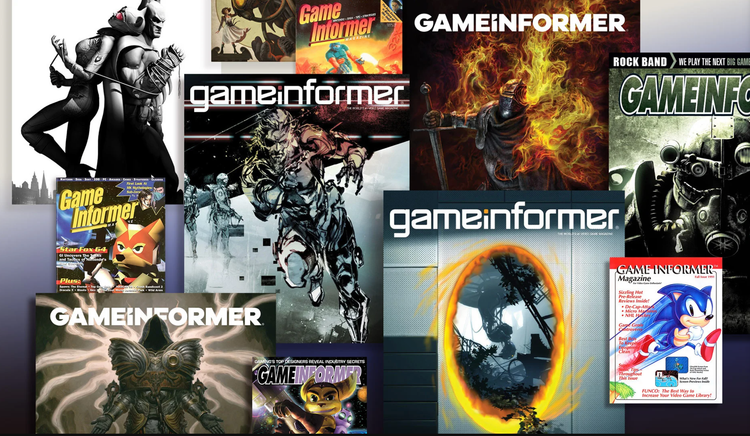The turbulent history of mainstream video game coverage

(Originally posted on Oct. 28, 2019 on my old Wordpress blog.)
Earlier this week, The Ringer staff writer Ben Lindbergh posted a fantastic story about the triumphs and (many) failures of mainstream media outlets – the big historic ones like The New York Times, Washington Post, and others of that ilk – that have attempted to cover video games in a deep and authentic way. And as someone who's been writing about games for a while, it was a tough read.
I could feel the frustration of the writers who were interviewed for the piece, many of whom had to vigorously fight for games coverage at their outlets only for it to crumble a short time later. Hell, I didn't even know NYT stopped publishing game reviews until Lindbergh noted it in his story.
Another frustrating part: Chris Suellentrop's anecdote from 2011 about how one of his reviews was "good enough" to be on the New Yorker's website, but somehow wasn't good enough to be in the print magazine. (In my mind, I imagine the magazine editors were just so up their own ass about New Yorker's high-brow reputation that they simply couldn't stomach the idea of putting a silly video game in their next issue.)
I have some experience writing for mainstream media outlets, and I think that's why I was a little worked up by the end of The Ringer's story. I did two pieces for Playboy.com back in 2015 and 2016 when Mike Rougeau was its gaming editor. In a short time, Rougeau and the freelancers he worked with created an amazing space for gaming critique and features. But it wasn't meant to be. Around a year after he came on board, Playboy laid him off and shuttered the gaming section entirely.
When Playboy.com underwent a redesign after Mike left, my Playboy stories (and those from many other writers) disappeared and never came back. Now they only exist as backup PDFs or as snapshots on the Wayback Machine.
I also worked with Brian Crecente (who's quoted in The Ringer piece) for conference and event coverage during his time at both Rolling Stone and Variety. Those stints were almost as short as Mike's: Brian was unceremoniously laid off right after this year's E3. He told Lindbergh that Variety never explained to him why it backed off from gaming coverage so suddenly. I'm not sure what Brian's initial reaction was when he first got that news, but I would've been infuriated if I were in his position.
I really hope WaPo's Launcher, the brand new gaming vertical that spurred Lindbergh into writing this article in the first place, fairs much better than NYT, Playboy, and Variety. Part of it is a personal thing: more big places covering games means more opportunities for people like me to break in. But it's also important to have WaPo and others in gaming media because they have huge platforms and audiences that extend well beyond the IGNs and GameSpots of the world.
And the more people that can read about games and the fascinating creators and players involved in them, the better.




Member discussion